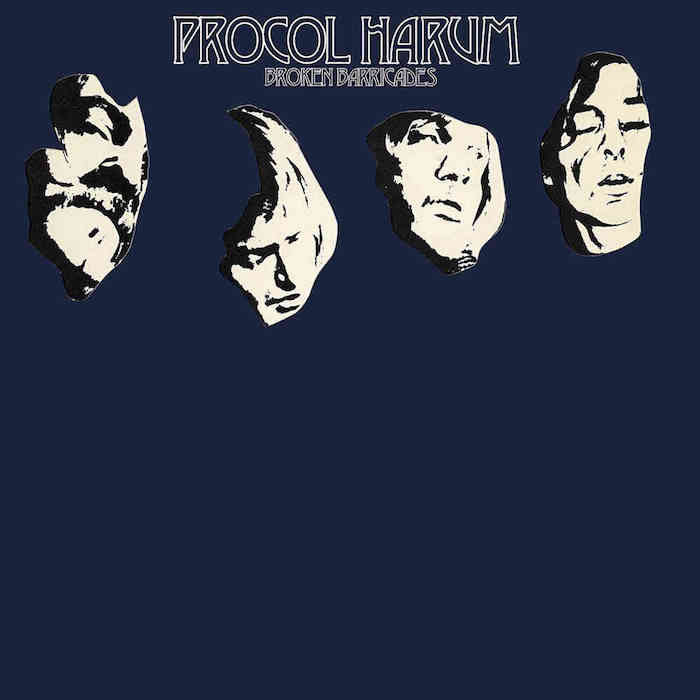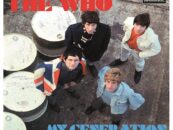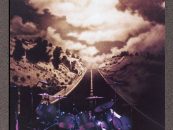 Esoteric Recordings has announced the release, on May 31, of a remastered and expanded 3-CD clamshell box edition of Broken Barricades, the fifth studio album by Procol Harum.
Esoteric Recordings has announced the release, on May 31, of a remastered and expanded 3-CD clamshell box edition of Broken Barricades, the fifth studio album by Procol Harum.
Featuring a line-up of Gary Brooker (vocals, piano), Chris Copping (organ, bass guitar), Robin Trower (guitar, vocals) and B.J. Wilson (drums), Broken Barricades was originally issued in June 1971. It saw the departure of Trower from the group a month after its release. The album featured such tracks as “Simple Sister,” “Memorial Drive,” “Luskus Delph,” “Song for a Dreamer,” “Power Failure” and the album’s title track and was a Top 50 hit in both Europe and the U.S.
This expanded edition of the album has been newly remastered and features 36 bonus tracks (32 of which are previously unreleased). They include the complete previously unreleased live concert for WPLJ-FM in New York City from April 1971 (one of the last live recordings to feature Trower in the band), the entire session for the BBC Radio One show Sounds of the 70s from October 1971 and a previously unreleased Swedish radio concert in Stockholm, also from October 1971. The release includes an illustrated booklet featuring material from Brooker’s personal archive and an essay by Procol Harum authority Roland Clare featuring exclusive commentary by Gary Brooker, Robin Trower and lyricist Keith Reid
Procol Harum first hit the charts in 1967 with the classic “A Whiter Shade of Pale.” In 2017 they released the studio album Novum (via Eagle Rock), their first studio album in 14 years, and thirteenth overall.
Related: Looking back at “A Whiter Shade of Pale”
The current lineup of Procol Harum, which still includes Brooker, has several tour dates scheduled in Europe. The full itinerary is below.
Procol Harum Tour Dates (Tickets are available here)
April 26 Lisbon Portugal
April 27 Porto Portugal
May 4 Knebel Denmark
May 5 Copenhagen Denmark
July 7 Albi France
August 23 Arbon Switzerland
August 24 Spiez Switzerland
Watch Procol Harum perform “Simple Sister,” from Broken Barricades, live in 1971






1 Comment so far
Jump into a conversationShould be good. Robin Trower came from this group